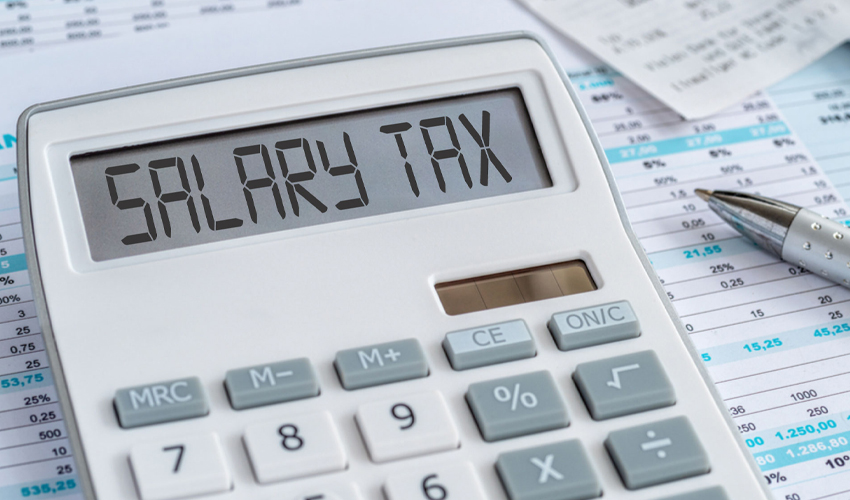The federal government has presented the budget for the fiscal year 2024-25 in the National Assembly, introducing significant income tax reforms aimed at aligning with international standards.
Finance Minister Muhammad Aurangzeb outlined the proposed changes during the budget session, emphasizing the need for personal income tax reforms.
Finance Minister Aurangzeb emphasized the need for personal income tax reforms following the Federal Board of Revenue’s (FBR) implementation of income tax reforms.
He proposed maintaining the income tax exemption on incomes up to Rs 600,000 annually and suggested not increasing the maximum slab for the salaried class, while introducing changes to the tax slabs.
Salaried Class Tax Changes:
- Income between 600,000 and Rs 1,200,000 annually will now be taxed at 5%. For those earning Rs 100,000 monthly, the tax has been increased from 1,250 to 2,500 rupees per month.
- Income between Rs 1,200,000 and Rs 2,200,000 annually will see a tax increase to 15%. Individuals earning Rs 183,344 monthly will now pay Rs 15,000 in income tax, up from Rs 11,667.
- Annual incomes between Rs 2,200,000 and Rs 3,200,000 will be taxed at 25%. For a monthly salary of Rs 267,667, the tax has increased from Rs 28,770 to Rs 35,834.
Non-Salaried Persons: The maximum tax rate for non-salaried individuals is proposed to be set at 45%.

Additional Tax Reforms:
The government has proposed maintaining the minimum and maximum tax slab rates but hinted at potential adjustments to the slabs in the future. The aim is to ensure a fairer tax system that better aligns with international standards and addresses the needs of various income groups.
Minister Aurangzeb highlighted that these reforms are designed to enhance the efficiency of the tax system, ensure equitable tax distribution, and foster economic growth. By reducing tax burdens on lower-income groups and adjusting rates for higher earners, the government aims to create a more balanced and fair tax structure.



























